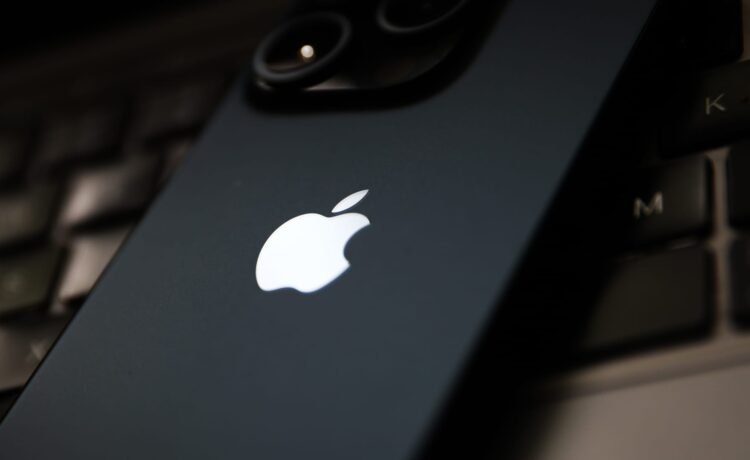Tech giant Apple has made headlines this week following its artificial intelligence announcements — but one market watcher is unimpressed. “I do not like Apple,” Paul Meeks, co-chief investment officer at Harvest Portfolio Management told CNBC’s “Street Signs Asia” on Tuesday — while acknowledging that many people disagree with him. The manufacturer of iPhones, MacBooks and wearables announced its new range of AI features this week , including an overhaul of its voice assistant Siri, integration with OpenAI’s ChatGPT, and a series of writing assistance tools. Apple’s shares reacted positively to the announcement, surging 7% to close at a record high on Tuesday. Shares in the tech giant are up over 10% year-to-date and 16% in the past 12 months. AAPL YTD mountain Year-to-date shares in Apple Meeks, however, maintains his bearish stance on Apple. “The analysts on Wall Street that saw the presentation … said it was a game changer. It’s going to accelerate iPhone sales. I will believe it when I see it,” he said. “As of now, I don’t think we’re going to have an upcycle for sure, but the bulls are depending on a extraordinary upcycle, a super cycle for the iPhone.” Not everyone is so negative about the stock, however. According to FactSet data, of 48 analysts covering the stock, 31 give it a buy or overweight rating, although the average price target is $204.89, giving it around 3.8% potential downside. Shrinking revenues Among the reasons for his skepticism, according to Meeks, is Apple’s shrinking revenues . “The last time they had a double-digit percentage revenue quarter was the December quarter of 2021,” he said. “Here’s a tech company that’s supposed to grow that hasn’t really grown in two or three years. So it is incumbent upon them to find a growth accelerator, because this company is never acquisitive, so they always have to do it with their own research and development.” The way Meeks sees it, Apple’s latest announcement was expected, with most of the initiatives being a way to “catch up with some of the other vendors in which they compete.” “I think they’re going to continue to struggle without an acquisition that’s very large, that moves their needle,” he added.















